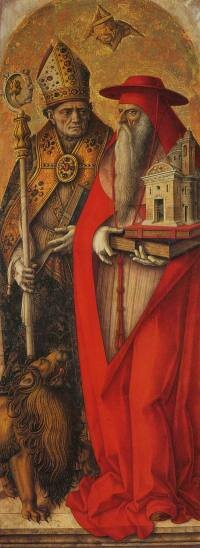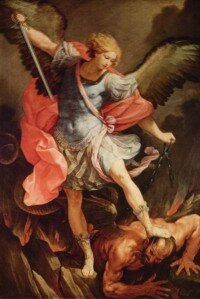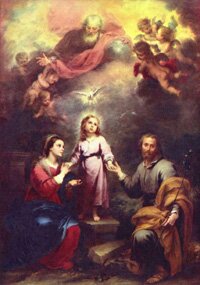Born in Kelvedon, Essex, Spurgeon's conversion to Christianity came in January 1850 at the age of fifteen. On his way to a scheduled appointment, a snow storm forced him to cut short his intended journey and turn in to a Primitive Methodist chapel in Colchester where, in his own words: "God opened his heart to the salvation message."
"The only reason why anything virtuous or lively survives in us is this, 'the LORD is there'."
(Ez. 35:10)" —Charles H. Spurgeon
He preached his first sermon in 1851 and, from the beginning of his ministry, his style and ability were considered to be far above average.
In 1852, he became pastor of the small Baptist church at Waterbeach, Cambridgeshire, and in 1854, after preaching three months on probation and just four years after his conversion, Spurgeon, then only 20, was called to the pastorate of London's famed New Park Street Chapel, Southwark (formerly pastored by the Particular Baptist theologian John Gill).
Within a few months of his call his powers as a preacher made him famous.
In his lifetime, Spurgeon preached to around 10,000,000 people, defending the Church in agreement with the 1689 London Baptist Confession of Faith understanding, against liberalism and pragmatic theological tendencies even in his day, often up to 10 times each week at different places. His sermons have been translated into many languages. Spurgeon was the pastor of the congregation of the New Park Street Chapel (later the Metropolitan Tabernacle) in London for 38 years. He was part of several controversies with the Baptist Union of Great Britain and later had to leave that denomination. In 1857, he started a charity organization called Spurgeon's which now works globally. He also founded Spurgeon's College, which was named after him posthumously.
Sincerely and straightforwardly he denounced error both in the Church of England and among his own Baptists. An ardent evangelical, he deplored the trend of the day toward biblical criticism. He learned more of the things that matter in those years than most men learn in a lifetime. That one so young, so sheltered, trained from his babyhood in the ways of God, could have felt so much and have had such exercises of soul may seem impossible, his own account of his darkness and despair may appear exaggerated; but those who are versed in the ways of God will understand. "To make a man a saint," says Pascal, "grace is absolutely necessary, and whoever doubts it, does not know what a saint is or what a man is." Spurgeon early learned to know both. He arrived at some knowledge of his own heart and some knowledge of God's heart. By his very wanderings he was assured that grace was seeking him all the while. "I must confess," he says, "that I never would have been saved if I could have helped it. As long as ever I could, I rebelled, and revolted, and struggled against God. When He would have me pray, I would not pray, and when He would have me listen to the sound of the ministry, I would not. And when I heard, and the tear rolled down my cheek, I wiped it away and defied Him to melt my soul. But long before I began with Christ, He began with me." To all swift things for swiftness did I sue; Cling to the whistling mane of every wind. But whether they swept, smoothly fleet, The long savannahs of the blue; Or whether, thunder-driven, They clanged His chariot 'thwart a heaven Plashy with flying lightnings round the spurn o' their feet: Fear wist not to evade, as Love wist to pursue.
Spurgeon was a prolific author of many types of works including sermons, an autobiography, a commentary, books on prayer, a devotional, a magazine, poetry, hymnist, and more. Many sermons were transcribed as he spoke and were translated into many languages during his lifetime.
More...





































